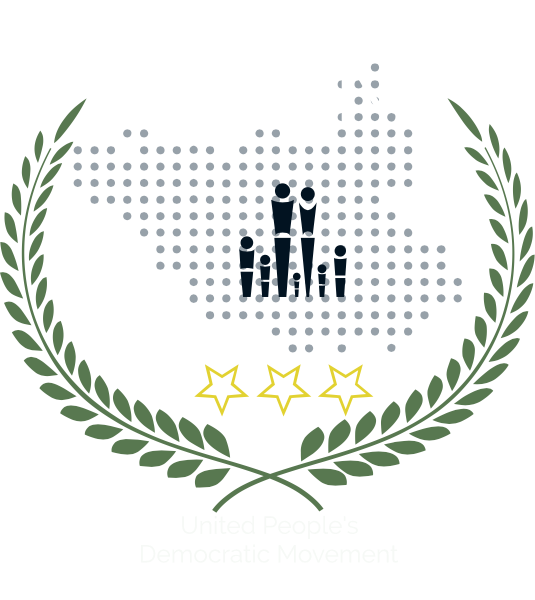In December 2013 South Sudan’s perennial, cyclical and interlocking armed conflict resumed. This time, a number of unaddressed structural challenges and grievances triggered the war. There are primarily three factors responsible for the flare-up of the conflict.
Download here: The Revitalized South Sudan Peace Agreement: A Peace Agreement or a Peace ‘Aggrievement’?
First, the failed transition from the region known as Southern Sudan to a capable and effective Statehood.
Second, the wilful failure by political, military and community leaders to address primordial community to community grievances and grudges as well as discuss and agree on a framework for co-existence among the different nations and nationalities that lay claim to South Sudan as a homeland.
Third, a post-independence politics that is characterized by a zero-sum competition for absolute power among highly fractionalized community leaders who harbor extreme distrust towards each other.
In a bid to conquer, manipulate and use community differences and grievances as political tool, these ethnic entrepreneurs who are tugged and pushed by a region interested and heavily invested in these violence entrepreneurs see and seek only politics of difference as sustaining their grip on power.
“The mediators have never asked why we are fighting in South Sudan so that we tell them,” Gov. Bakosoro.
In August 2015, the Government of South Sudan (GoSS) and the main rebel group at the time the Sudan Peoples’ Liberation Army – In Opposition (SPLA/M-IO) inked the Agreement on the Resolution of the Conflict in South Sudan (ARCSS). The ARCSS’ goal was to “restore peace, security and stability in the country.”
To achieve this aim, the ARCSS shared political positions between the warring parties; promised institutional and structural reforms,4 improved security and economic management;5 and committed the parties to a national program of healing, reconciliation and justice for past injustices.6 In July 2016, the ARCSS collapsed returning the parties and country to a more brutal and hopelessly complex civil war. Several reasons were given to explain why the ARCSS collapsed ………more here
